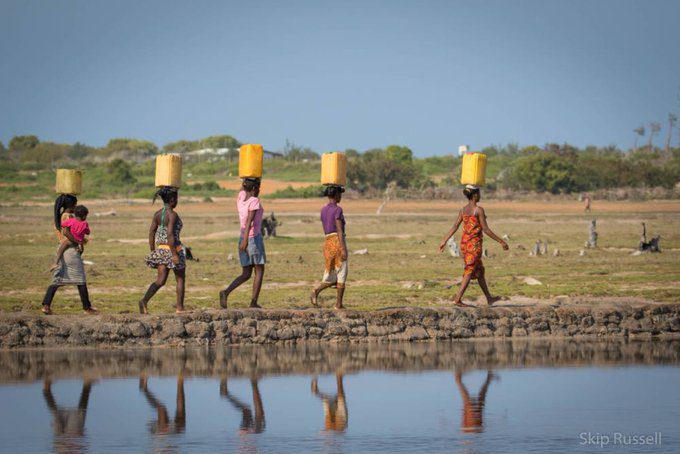In its most recent update on the Sustainable Development Goals, the United Nations reports that in 2020, despite some progress, 2 billion people still lacked safe drinking water and 1.7 billion did not have basic sanitation.
The world remains far behind achieving SDG 6 – clean water and sanitation for all. At the center of the global challenge is the financing of water and sanitation infrastructure projects in emerging markets.
Since the World Bank published its 2016 study on the costs of meeting the SDG targets, national governments, development partners and regional bodies have focused on mechanisms to attract private capital to the water, sanitation, and hygiene (WASH) sector. Much of this effort has gone into creating mechanisms to attract private finance to the sector, either through blending, leveraging, or guaranty facilities.
Yet few of these well-intentioned, and often generously financed efforts, have met with success. Despite mechanisms that promised to leverage private financing at the national or regional level, or within sub-sectors (e.g., sanitation), there is not one internationally recognized financing instrument that has facilitated significant, sustainable private financing into the WASH sector in the last decade.
Why is this the case? Because these initiatives concentrate on the supply of money rather than facilitating the demand for those resources. Funds are created and promises are made to raise private capital. But ultimately the money doesn’t materialize for two reasons: the ultimate borrowers – utilities, local governments, or other WASH providers – are not technically or financially efficient, or the governance arrangements lack transparency, or both.
Creating a viable market for private capital to invest in WASH services in emerging markets requires more focus on efficiency and oversight.
Global experience over the past two years highlights these challenges. In the initial phase of the COVID crisis, handwashing was one of two mechanisms identified to combat the pandemic. Yet finance ministries around the world struggled to provide increase public funding to the water sector, largely because governments saw WASH service providers as inefficient and unable to expand critically needed services, even during the pandemic
Moving the WASH financing agenda forward
So, what is the way forward?
First, we need to stop emphasizing deals and transactions; instead, we should work to make the sector more attractive to investors and more accountable to the public. As noted, this requires a laser focus in two areas: WASH service providers need to improve their technical and financial efficiency; and the administrative, governance and regulatory regimes overseeing the sector need to become more transparent and accountable. Water providers that collect only 70% of their allotted tariffs, or have non-revenue water rates of 40%, are simply not financially viable or creditworthy. They rarely attract sorely needed public finance , and they certainly are not attracting private finance.
Second, we need to recognize that improving efficiency and governance is difficult, takes years, and requires strong commitments across multiple levels of government, communities, and citizens. Service providers need to trust the organizations that are supporting these reforms and know that they are committed to long-term partnerships. This doesn’t happen overnight, or with consultants who arrive for short visits, prepare reports, hold conferences, and then move on. Long-term, strategic engagements are needed for well-researched improvements and enhancements. This is where governments and development partners need to focus their attention.
Third, we need to pay particular attention to governance, institutions, policies, and regulations. Institutional arrangements that are clear, transparent, and run with integrity are more likely to attract investment flows, as the experience of the energy sector shows.
Fourth, once service providers do start to become more viable, efficient, bankable, and creditworthy, the long-term goal of attracting private finance should start with domestic markets. Water is a precious resource with huge political ramifications. Tariffs, while already controversial in some markets, are nearly always set in local currency and, when local currencies are depreciating at 2% to 4% percent per year, hard-currency denominated interest rates quickly become expensive for long-term infrastructure finance.
Finally, once providers become more efficient and creditworthy, investment priorities should be assessed strategically. Although large water or wastewater treatment plants and transmission lines may be the ultimate goal, it may be prudent to focus initial investments on assets that have a rapid impact by immediately generating revenue, potentially to be ringfenced to pay back private financiers, thereby building investor confidence. Such investments could include improvements to reduce non-revenue water, strengthen energy efficiency by converting diesel to solar pumps, and connecting households to existing transmission lines.
Private investment in WASH is important and sorely needed, but it will only flow when there are significant changes in how we approach these opportunities.
Source: 3news.com|Ghana


